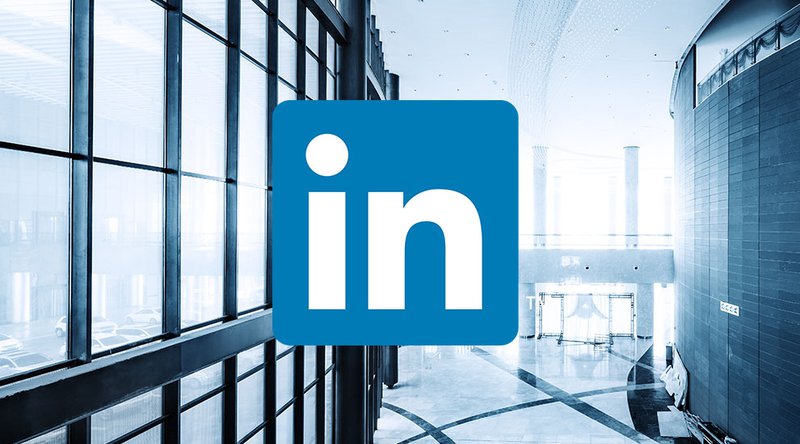2018-10-17 22:29 |
Robinhood Gets Almost Half its Revenue Selling User Order Data To High-Speed Traders
The popular and commission-free cryptocurrency trading application is reportedly making almost half of its revenue selling users’ order data to high-speed traders. The information has been released by Bloomberg on October 16.
Robinhood has been in the news earlier this year when it launched commission-free cryptocurrency trading services. One of the main questions made by the media and experts was related to how the company is able to offer a service without users paying fees every time they trade.
According to Bloomberg, 40 per cent of Robinhood’s revenue is generated by selling users order data to high-frequency trading firms. This is something known as payment order flow. Bloomberg explains that this practice had pushed the company to amend the terms of service and inform about this situation.
In a blog post, Robinhood’s co-founder and co-CEO Vlad Tenev, explained how this system works.
On the matter, he commented:
“When you buy or sell stocks on Robinhood, like many other brokerages, we send your order to market makers like Two Sigma, Citadel and Virtu, instead of exchanges like NYSE. Market makers don’t front-run your orders – they’re actually required by Regulation NMS to execute your order at the best price among all of the exchanges, and unlike exchanges, they don’t charge fees.”
In this way, Robinhood was able to cover the costs of operating the business. Traders are able to increase their profits by trading and avoiding paying commissions.
Retail brokers such as Robinhood recruit an important number of customers and build a necessary trading interface. Nonetheless, their clients’ orders are not always executed. The company outsources these orders to other firms, including Citadel, Two Sigma and Wolverine Securities. These companies pay for the right to handle these trades.
It is important to mention that the practice of order book data selling to other parties is not illegal. However, it has been criticized by regulators and consumer advocates since it could not be the best interest of customers. Sometimes, these practices could compromise users by placing them in difficult situations.
Back in May, Robinhood raised $636 million dollars Series D financing round at a $5.6 billion valuation. Speaking with Bloomberg, two venture capitalists said that this situation might undermine Robinhood’s image and stymie expansion plans. Additionally, a third venture capitalist said that this was the reason why they did not invest in the company.
Some analysts think that payment for order flow can benefit retail customers having a very little adverse impact. There are other individuals that believe payments for order flow may not be sustainable in the long term.
origin »Bitcoin price in Telegram @btc_price_every_hour
Streamr DATAcoin (DATA) íà Currencies.ru
|
|




